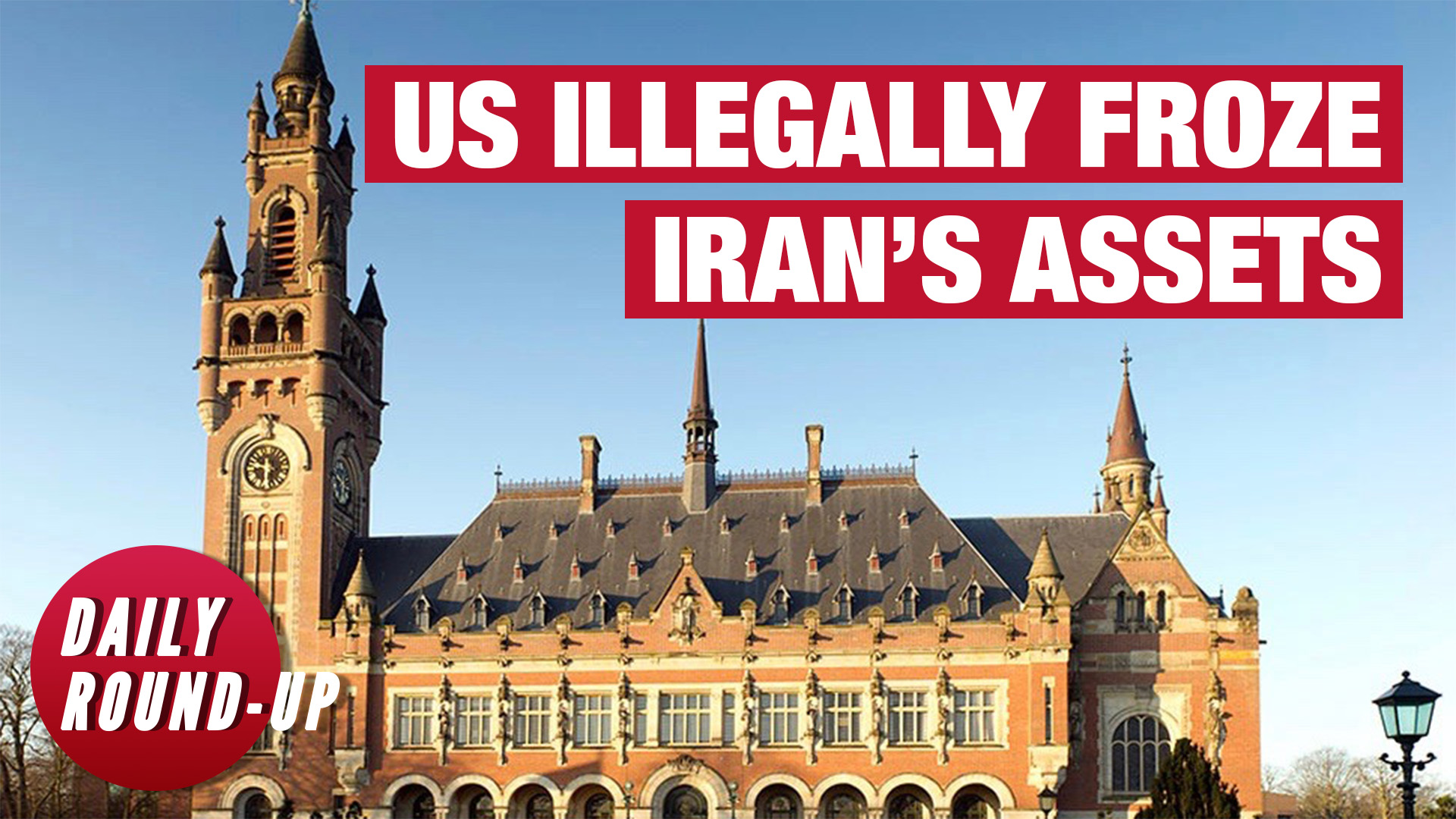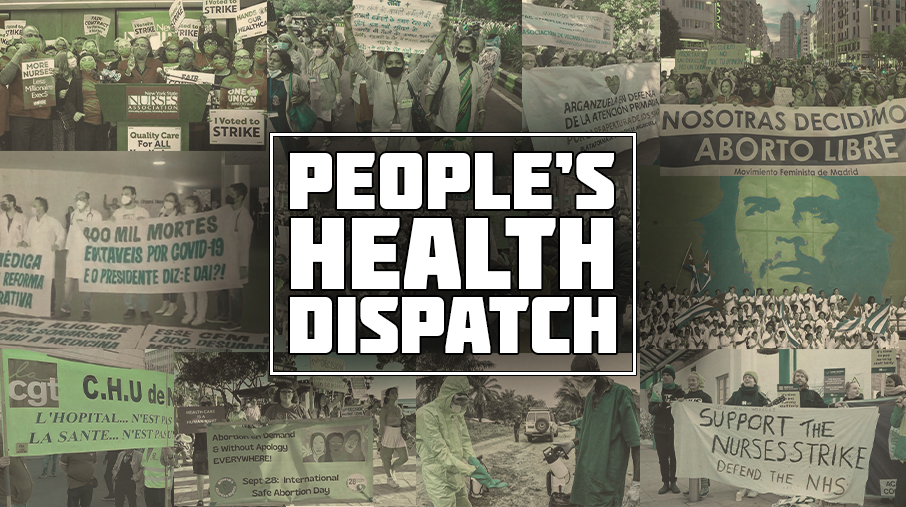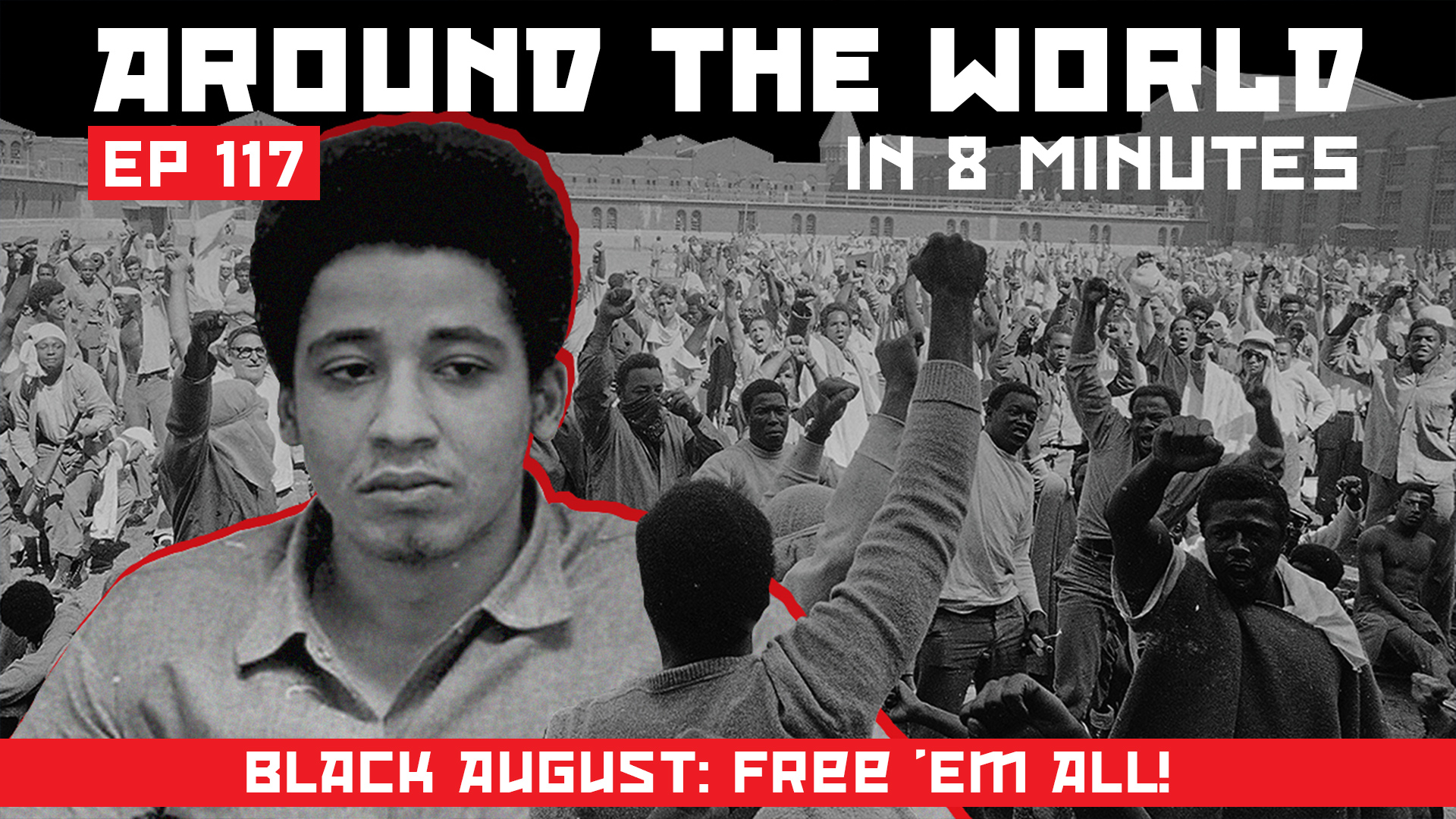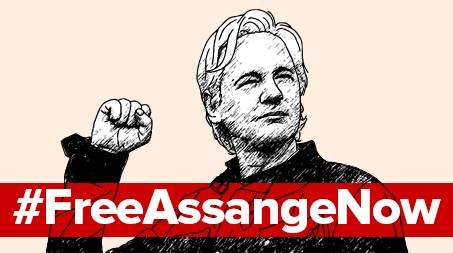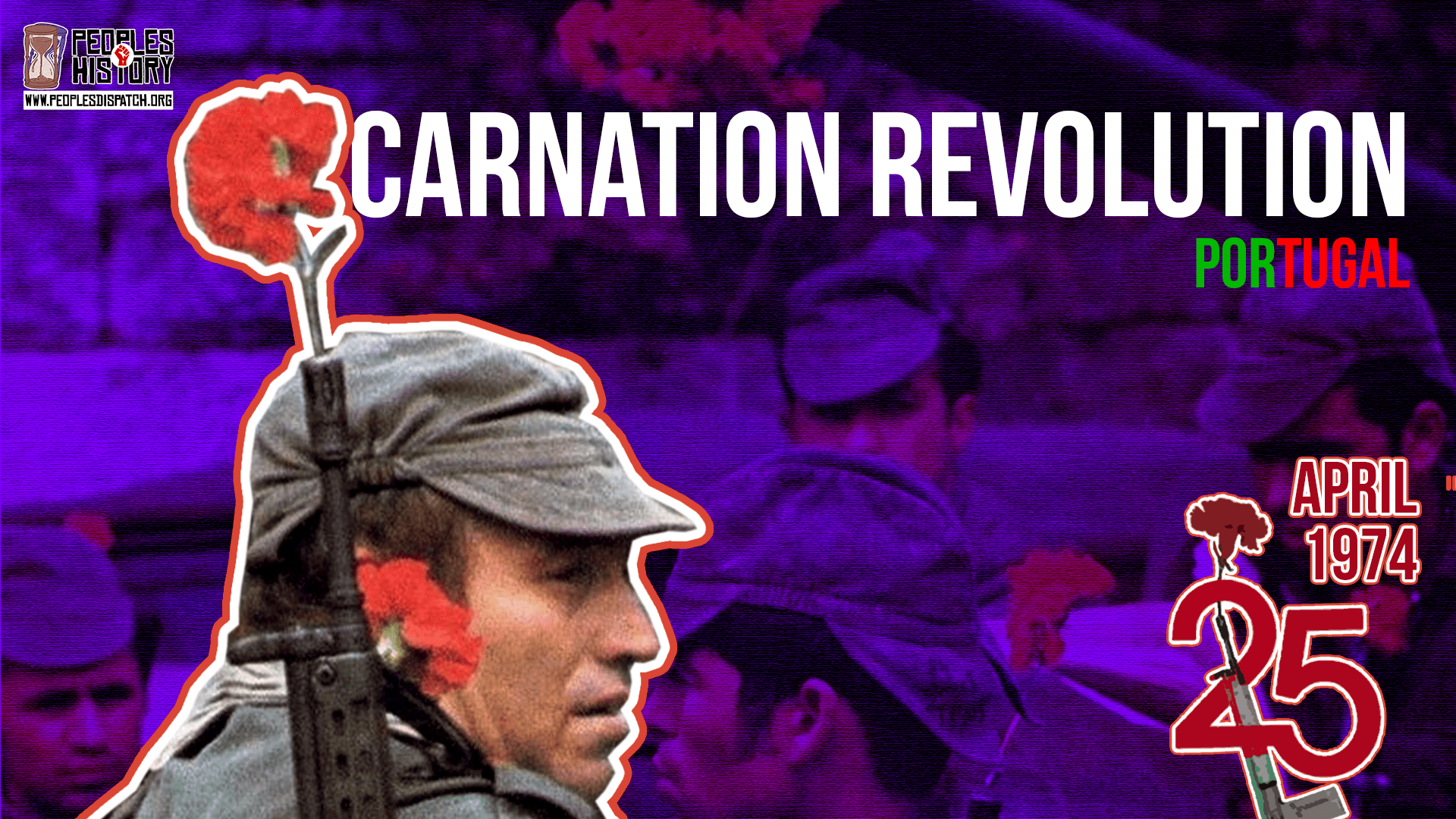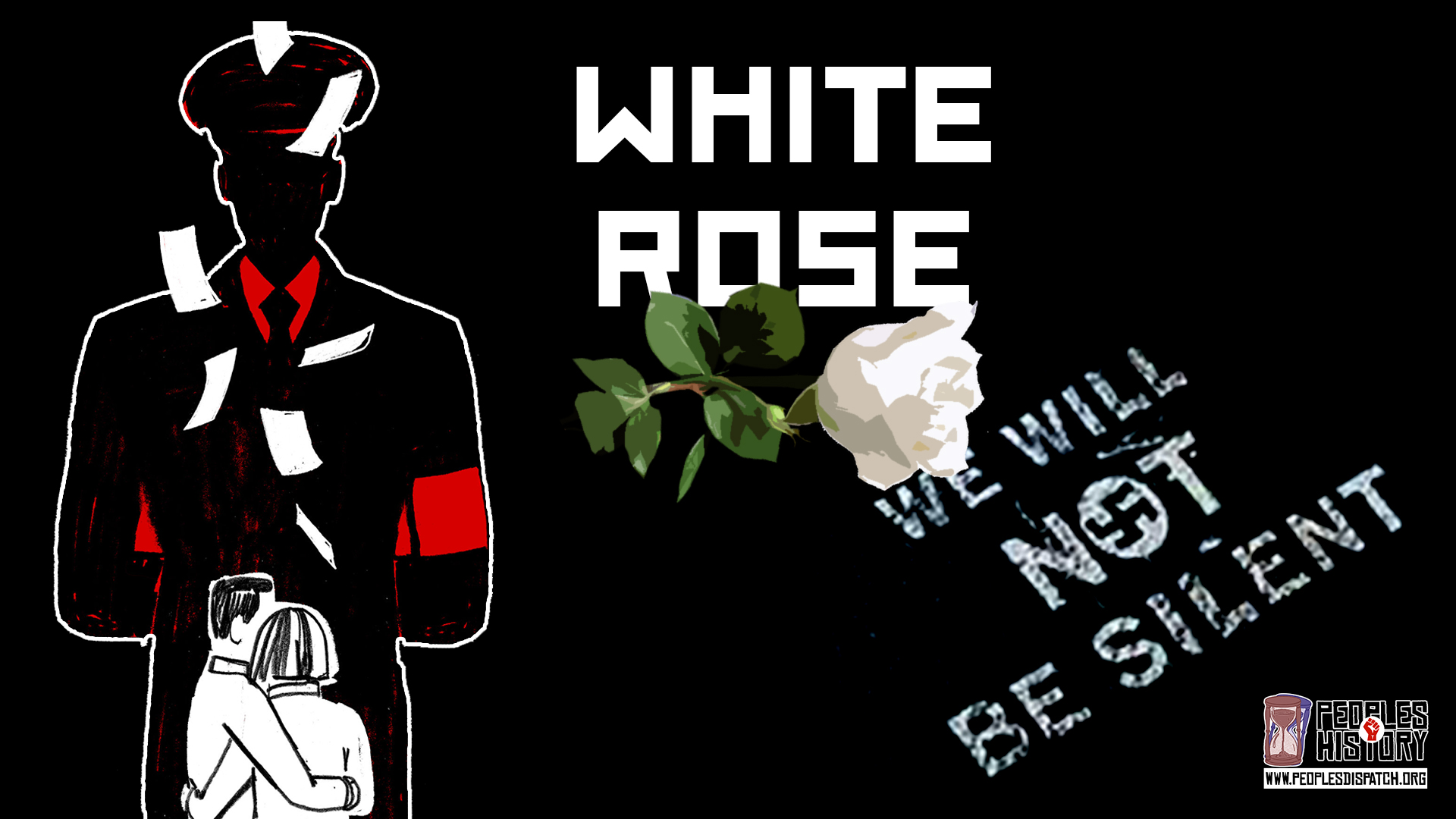 Victims of Beirut port blast still await justice
Victims of Beirut port blast still await justice
It’s been two years since the blast in Beirut when highly flammable cargo which was in a warehouse for over six years exploded. Experts blame government negligence for the blast
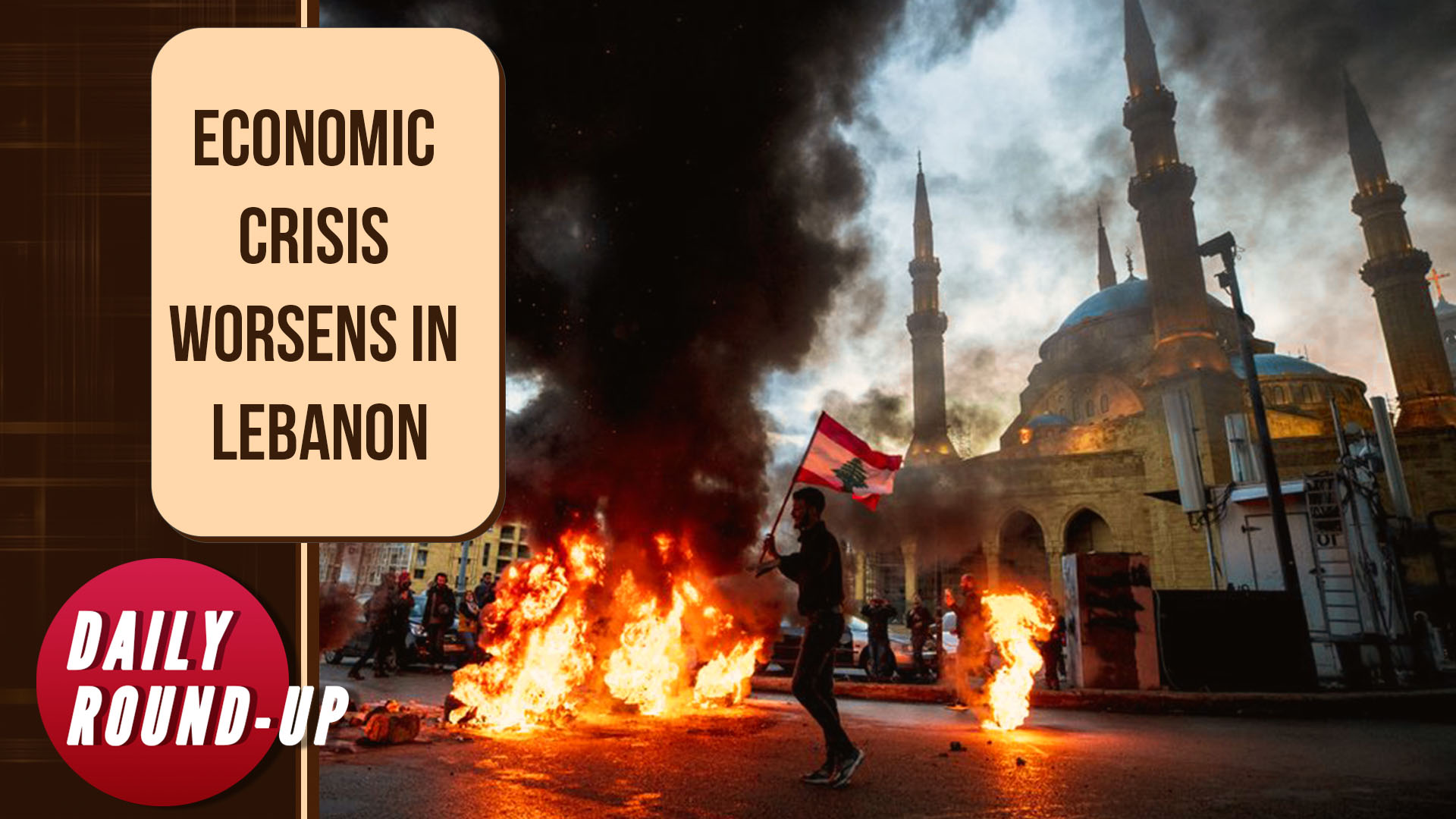 Protests spread amid severe shortages and soaring prices in Lebanon and other stories
Protests spread amid severe shortages and soaring prices in Lebanon and other stories
Today we look at the crisis in Lebanon as the state cuts subsidies, the trial ordered against digital rights activist Ola Bini in Ecuador, and more
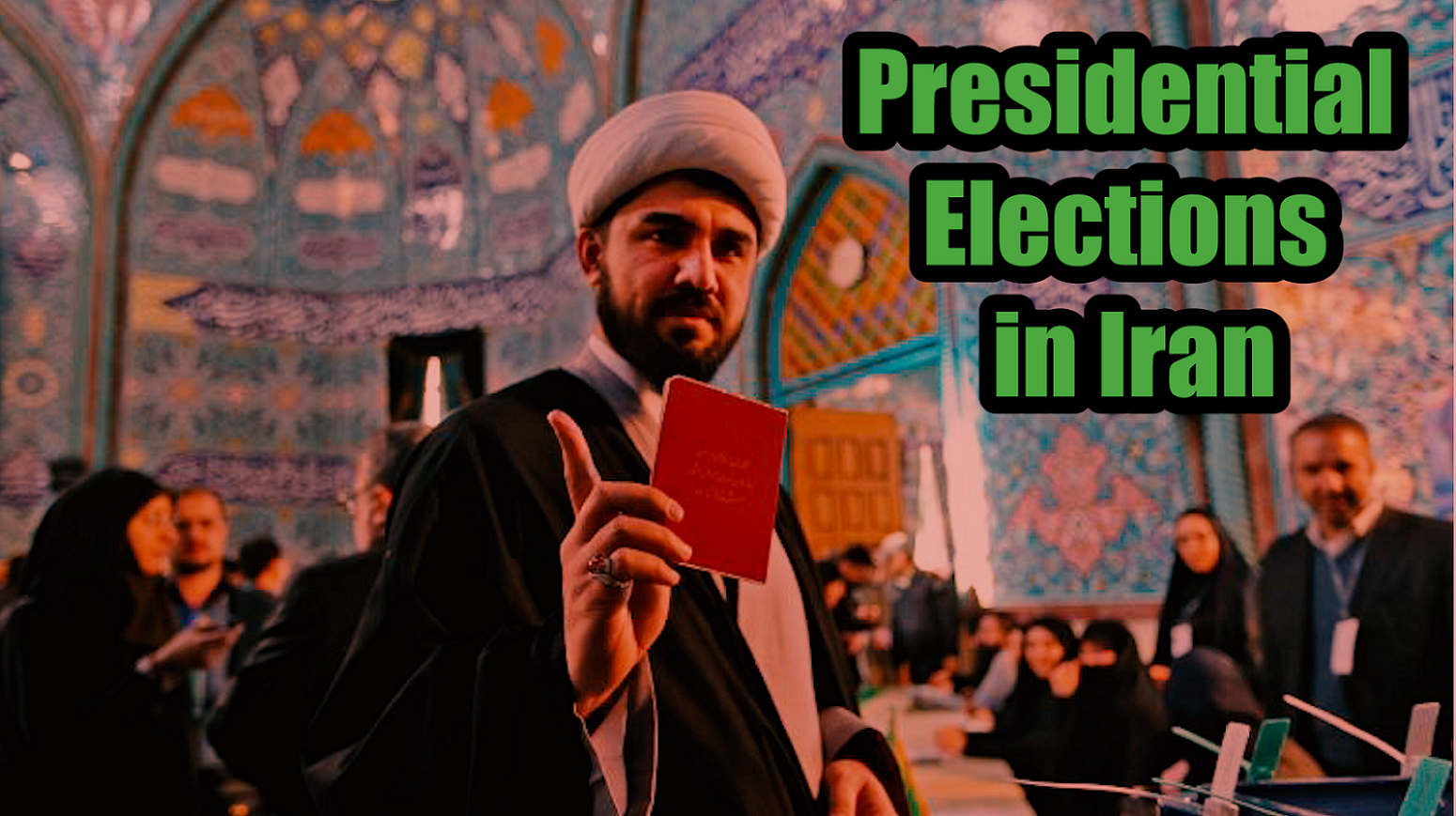 Conservatives in the lead as millions of Iranians head to the polls and other stories
Conservatives in the lead as millions of Iranians head to the polls and other stories
Today we look at the presidential elections in Iran, the release of 3 Indian student activists after over a year in detention, and more
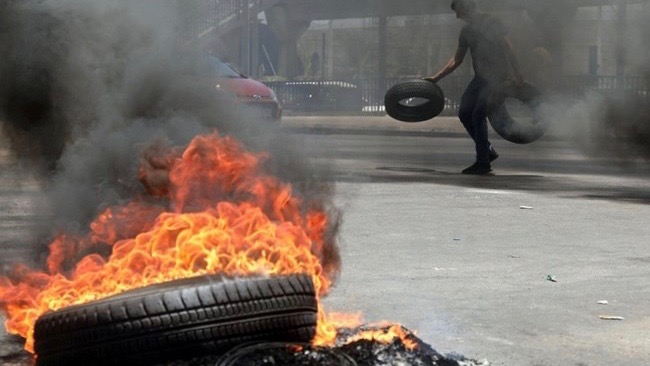 Lebanese trade unions observe day-long strike against worsening conditions for workers
Lebanese trade unions observe day-long strike against worsening conditions for workers
The strike was called by the General Confederation of Lebanese Workers (CGTL), an umbrella body of trade unions in the country, and supported by some major political parties including the Free Patriotic Movement, Future Movement, and Amal
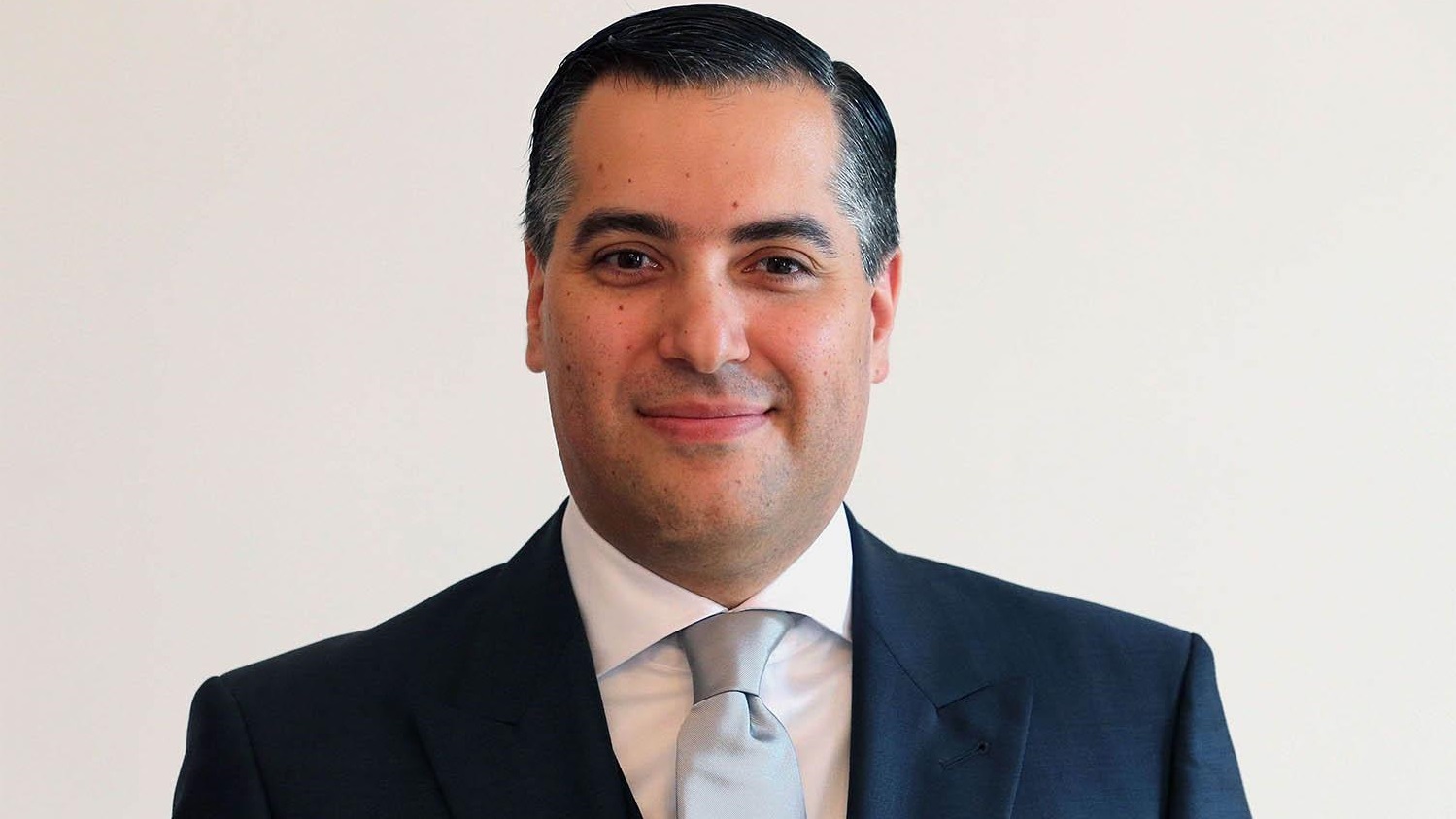 Mustapha Adib is Lebanon’s new PM
Mustapha Adib is Lebanon’s new PM
Mustapha Adib, Lebanon’s ambassador to Germany, has won the support of the major political blocs but is part of an establishment whose credibility is at a historic low following the Beirut blasts
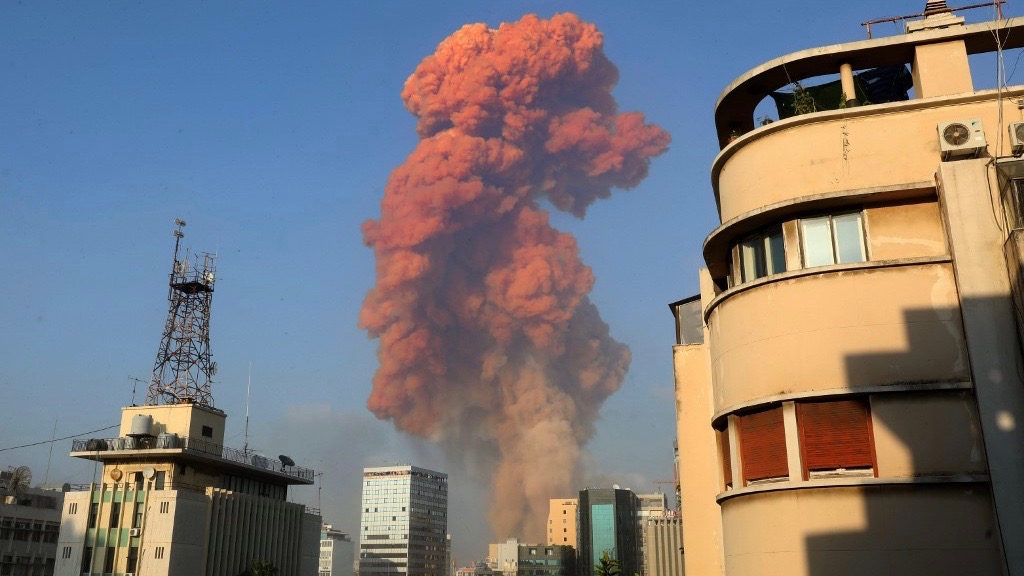 50 dead, over 2,700 injured in Beirut blasts
50 dead, over 2,700 injured in Beirut blasts
The powerful blasts took place in the port area of Beirut devastating many buildings in the vicinity. The exact cause is still unknown although government sources said ammonium nitrate stored in a warehouse was the reason
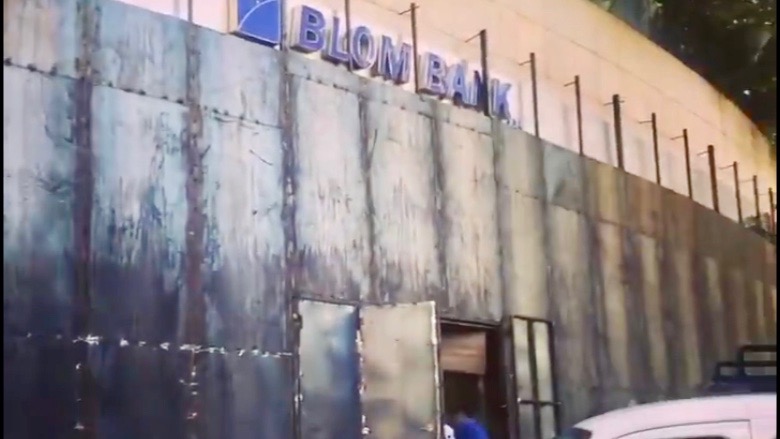 Lebanon reimposes lockdown after spike in COVID-19 cases
Lebanon reimposes lockdown after spike in COVID-19 cases
The country recorded over hundred fresh cases within three days this week. It had recorded zero new cases last week, which had led the government to relax lockdown norms imposed since March 15
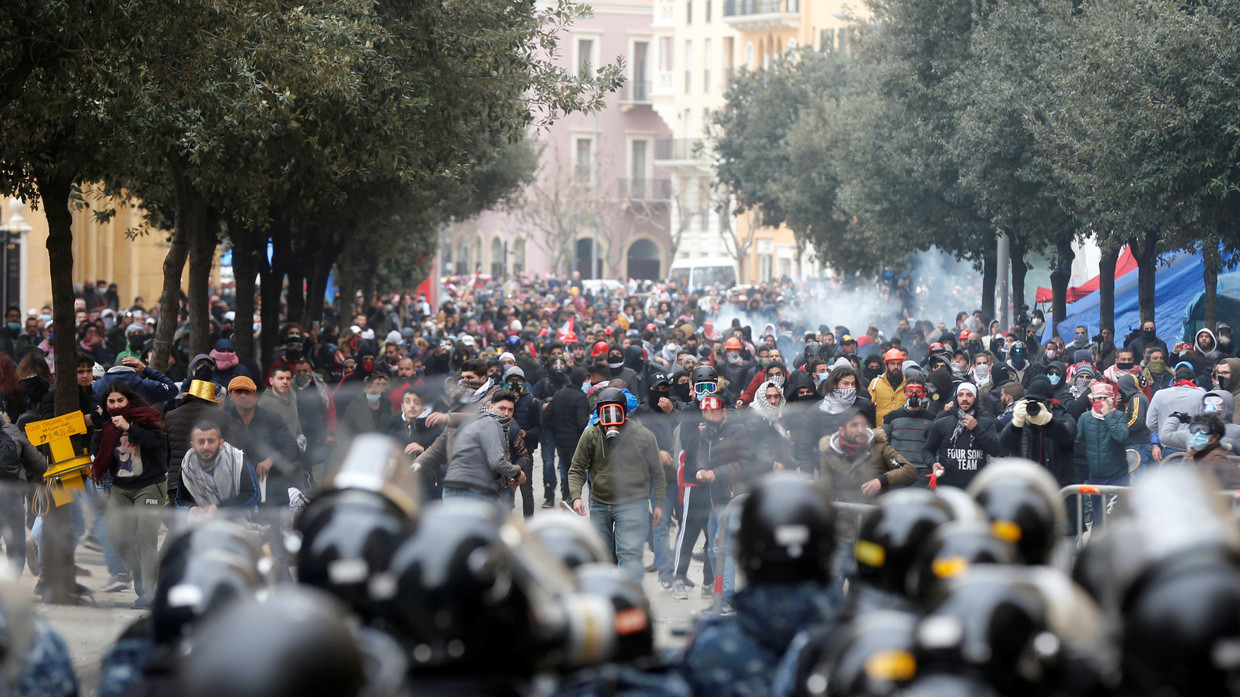 Hasan Diab wins vote of confidence in Lebanese parliament amid popular protests
Hasan Diab wins vote of confidence in Lebanese parliament amid popular protests
Progressive sections in Lebanon have rejected Diab’s economic plan as a mere continuation of corrupt policies implemented by previous regime
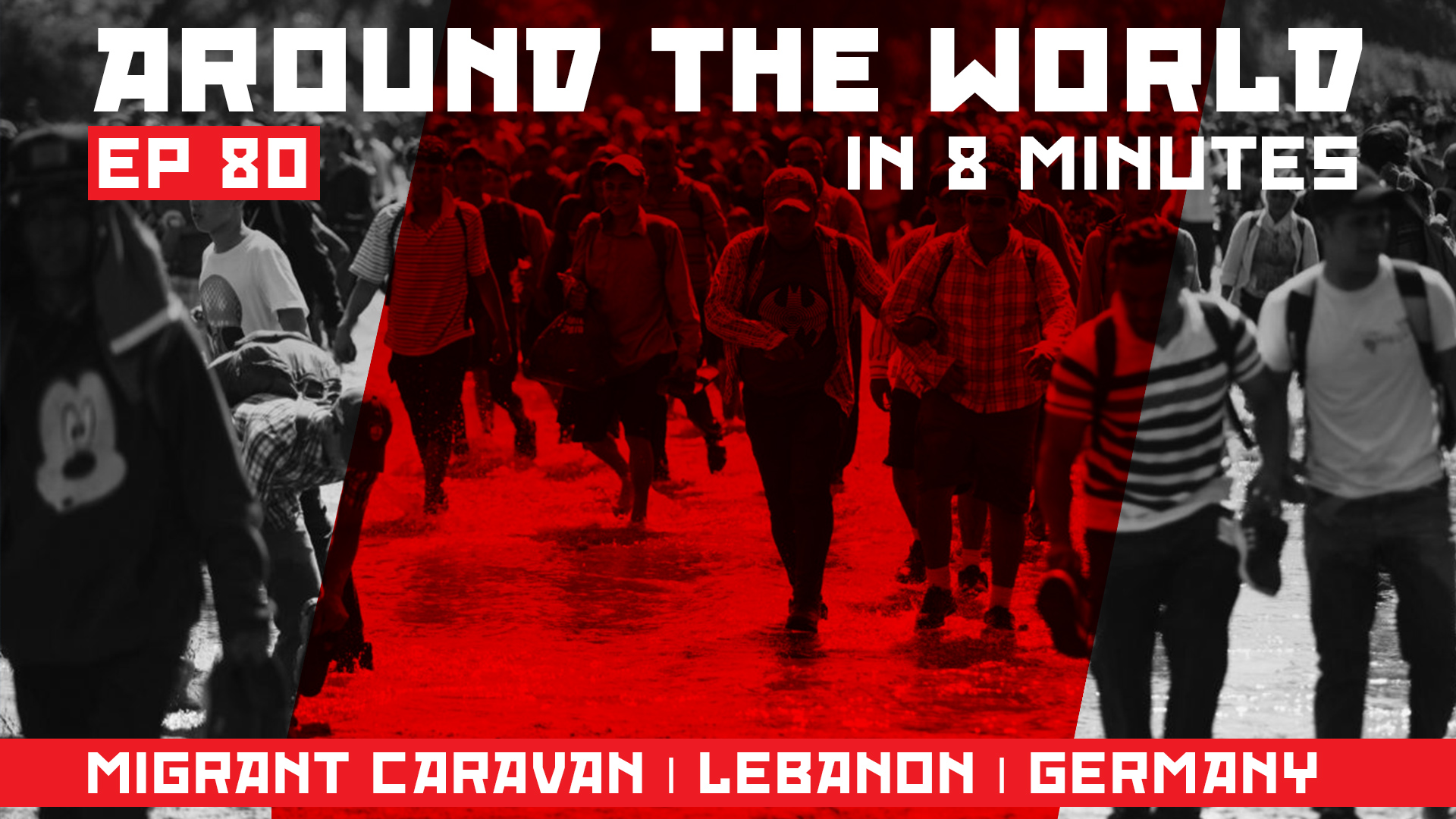 Around the world Ep80: Migrant caravan and more..
Around the world Ep80: Migrant caravan and more..
We also report on the protests in Lebanon and Germany
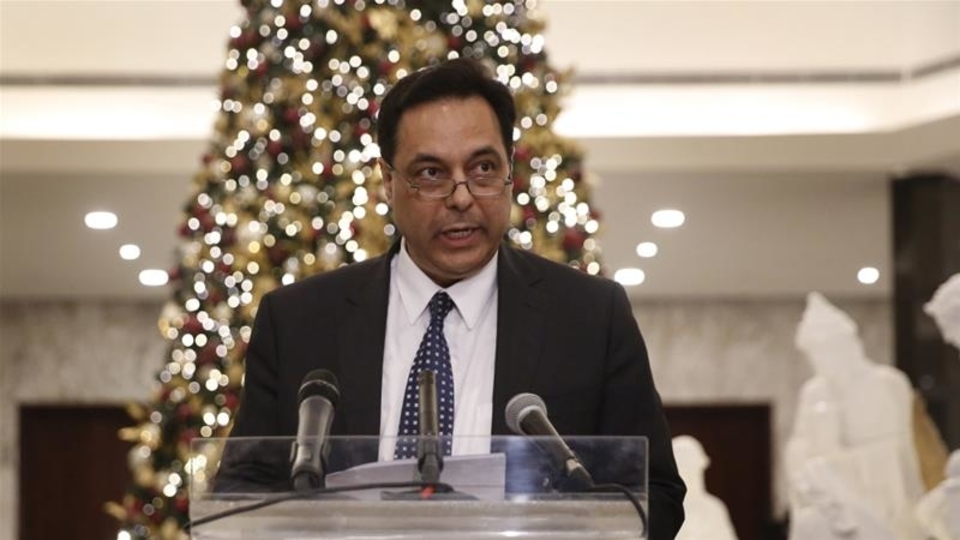 Protests unlikely to subside in Lebanon despite formation of new government
Protests unlikely to subside in Lebanon despite formation of new government
On January 21, president Michael Aoun announced the formation of a new government led by Hassan Diab but protests may continue as many of the key demands have not been met
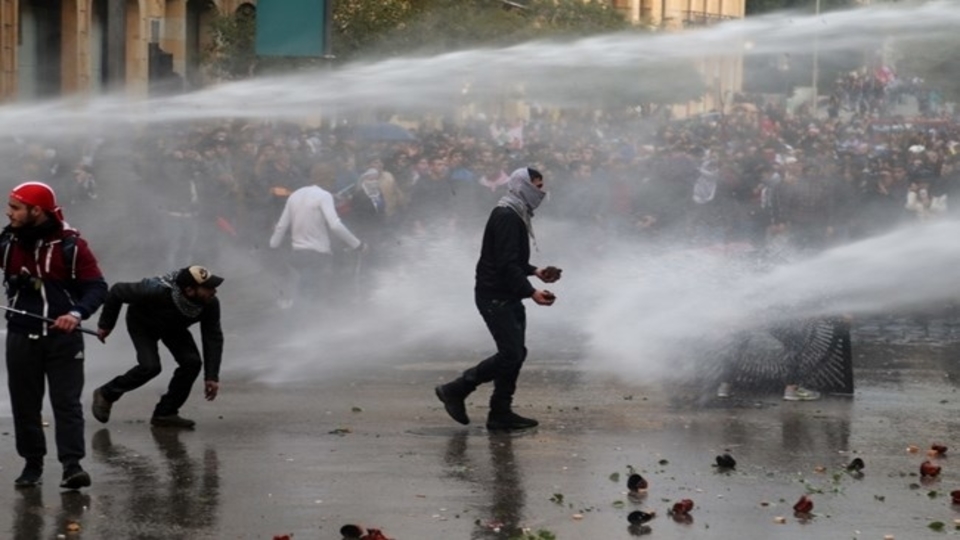 Protesters in Lebanon marched towards parliament, faced police repression
Protesters in Lebanon marched towards parliament, faced police repression
Political forces in the country have failed to respond to the protesters’ demands for an overhaul of the political system in any credible way, even after three months of popular protests in the country
 Curbs on withdrawals by banks trigger protests in Lebanon
Curbs on withdrawals by banks trigger protests in Lebanon
The country has been witnessing popular protests since October 17, last year


